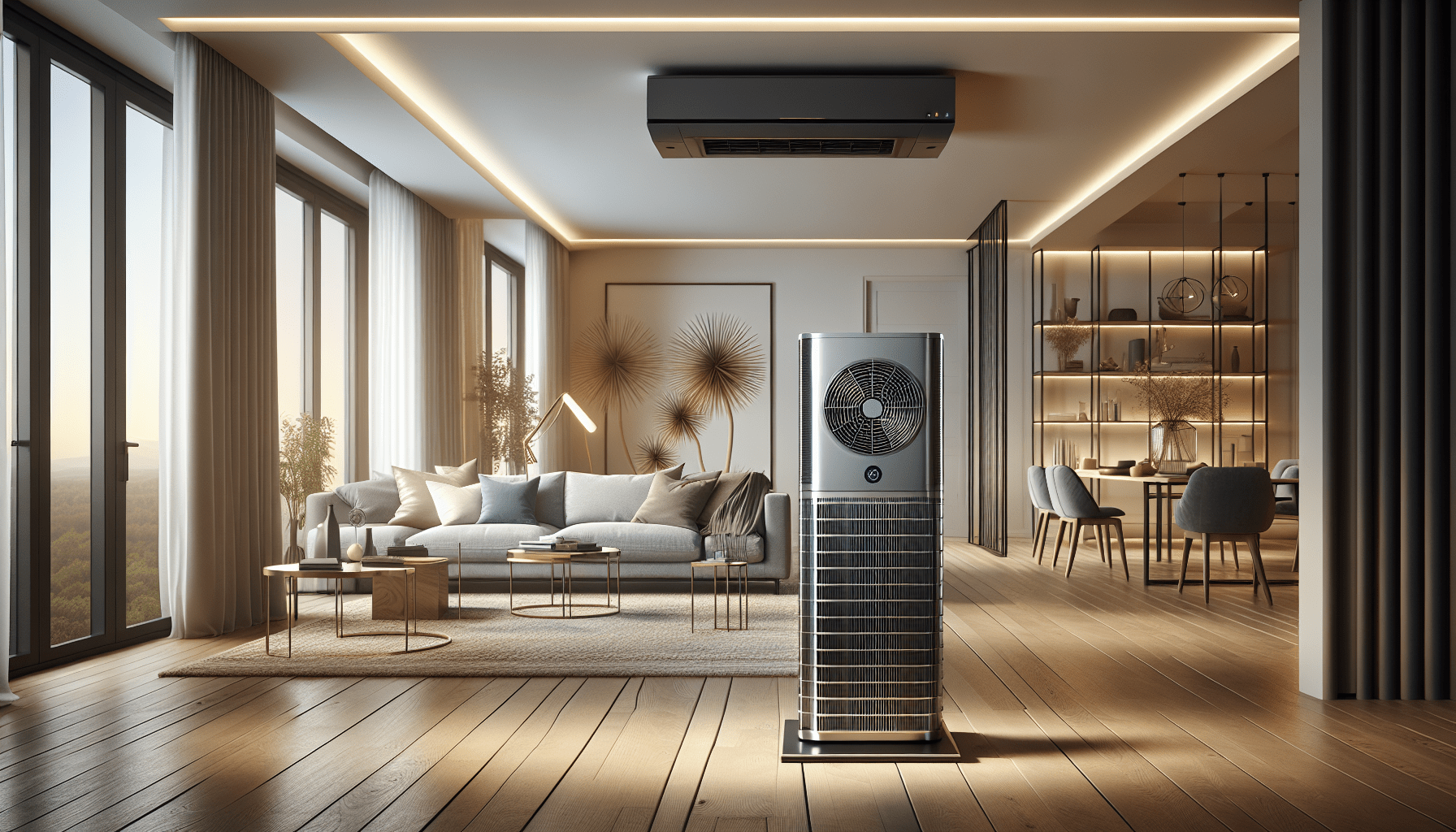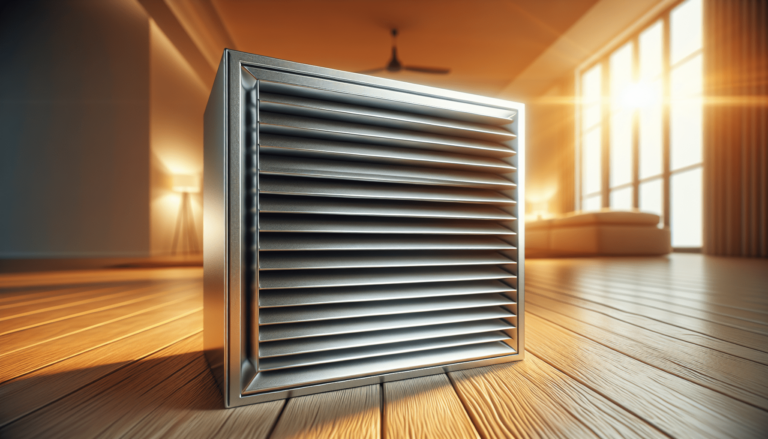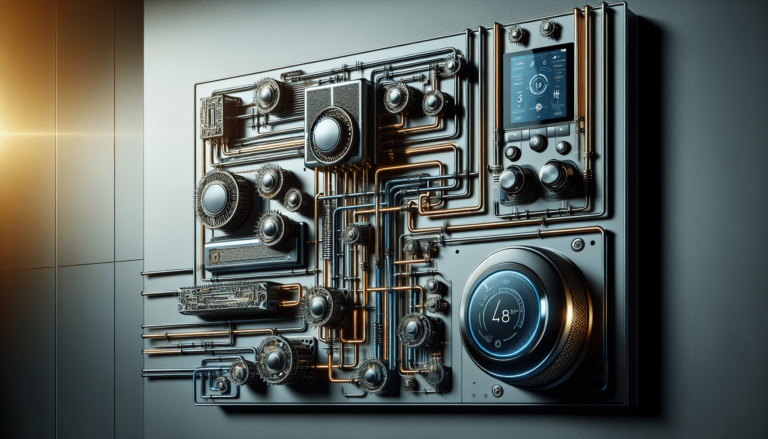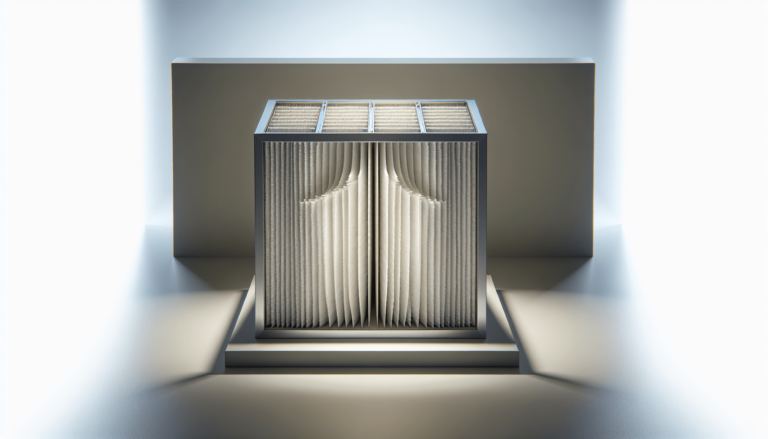

HVAC Services
Get Professional Repairs From The Area's Trusted HVAC Technicians. Ask About Our Services! We Offer Professional Heating & Cooling System Repairs And Guarantee Long-Lasting Results.
Got Question? Call us: (850) 678-2665Financing
Leveraging HVAC Systems For Soundproofing
Discover how your HVAC system can do more than just control temperature. Learn simple tips to transform it into a noise-busting tool for a peaceful home.

Have you ever thought about how you can use your HVAC system to help with soundproofing? Most people consider their heating and air conditioning system just a tool for comfort, controlling how warm or cool their home feels. But what if that same system could also reduce noise, making your living space quieter and more peaceful?
In this article, we will explore how your HVAC system can be part of your soundproofing solution, offering more than just temperature control. We will keep the language simple, structured clearly, and focus on making it easy for anyone to understand how this process works. We will provide a mix of technical insight where necessary, alongside tips and tricks that can make a real difference in sound reduction for your home.

Understanding HVAC Systems
HVAC stands for Heating, Ventilation, and Air Conditioning. These systems keep your home comfortable by regulating indoor temperature and air quality. Many homes rely on these systems to maintain a pleasant indoor environment throughout the year.
Basic Components of HVAC Systems
- Heating Unit: Often a furnace or heat pump, which warms the air.
- Cooling Unit: Typically an air conditioner, which cools the air.
- Ventilation: Provides fresh air while removing stale air.
- Ductwork: Channels that distribute air throughout your home.
Understanding these components helps in realizing how they contribute to or can be adapted for noise control.
How HVAC Systems Generate Noise
Every system has some level of noise. HVAC systems are no different. Noise can come from various parts of the system.
Common Sources of Noise in HVAC
- Fans and Motors: They produce sound when moving air or running the machinery.
- Ducts: Rattling or vibration can cause unnecessary noise.
- Burning Fuel: Furnaces might produce noise from the combustion process.
Recognizing these noise contributors is the first step toward addressing and minimizing them.
Integrating Soundproofing With HVAC Systems
Soundproofing aims to block or reduce unwanted sound from entering or exiting a room. By using your HVAC system in soundproofing efforts, you can achieve a much quieter environment.
Using Ducts for Sound Absorption
Ducts can either transfer noise or help absorb it, depending on their design and material. By lining your ductwork with sound-absorbing materials, you can reduce the transfer of noise through them.
Choosing the Right Equipment
Modern HVAC systems come with quieter options. High-efficiency units often generate less noise, making them a dual benefit for both energy savings and sound reduction.
Strategic Placement
Positioning your system’s outdoor units away from indoor spaces reduces the noise heard inside. Walls or sound barriers around these units can further help minimize impact.
Practical Tips for HVAC-Based Soundproofing
Here, we offer practical tips to use your HVAC system as a soundproofing tool.
Regular Maintenance
Routine checks and maintenance help identify noisy components in time. Lubricating motors or replacing worn-out parts can reduce noise.
Seal It Up
Leaks in the ductwork not only waste energy but can also contribute to noise. Sealing ducts keeps the air flowing smoothly and quietly.
Insulate With Care
Insulating ducts not only saves energy but also reduces noise. Acoustic insulation in strategic places can significantly improve soundproofing.

Advanced Soundproofing Techniques
Sometimes, basic measures aren’t enough for complete sound control. For those times, consider advanced solutions.
Install Sound Baffles
Sound baffles in the ductwork can interrupt and absorb noise, making it less noticeable. This is particularly effective for large or open spaces.
Acoustic Panels
For noisy compressors or external units, acoustic panels help absorb the majority of the sound. This simple addition makes a big difference.
Environmental Benefits
Quiet isn’t the only plus. Efficient HVAC systems with soundproofing aspects also contribute to environmental sustainability.
Lower Energy Use
Well-maintained and soundproofed systems are often more energy-efficient. This leads to reduced energy bills and a smaller carbon footprint.
Air Quality Improvement
A quieter system often indicates it’s running optimally, which also means better air circulation and quality.
Importance of Professional Consultation
Retrofitting your HVAC for soundproofing can be an extensive task. Professional guidance ensures you don’t miss vital areas.
Hiring an HVAC Specialist
An HVAC specialist can pinpoint noise sources and suggest effective solutions. They can also ensure any modifications comply with safety standards.
Cost Considerations
Soundproofing involves initial costs but offers long-term savings and comfort.
Budget Planning
Determine your budget by considering the extent of noise control needed, potential energy savings, and enhanced comfort levels.
Conclusion
Using your HVAC system to aid in soundproofing is a worthwhile investment. It offers improved comfort, energy efficiency, and a quieter home environment. Understanding the system components, common noise sources, and integrating soundproofing solutions are key to leveraging HVAC systems effectively. Simple changes can make a significant difference, transforming your home into a sanctuary of peace amidst a world full of hustle and bustle.
For professional help in exploring these solutions, you can contact Tempacure Heating and Air Conditioning in Niceville, FL, or visit their website for more information. Imagine a home where your HVAC system works silently in the background, maintaining not just the perfect temperature, but also delivering tranquil, noise-free living.







